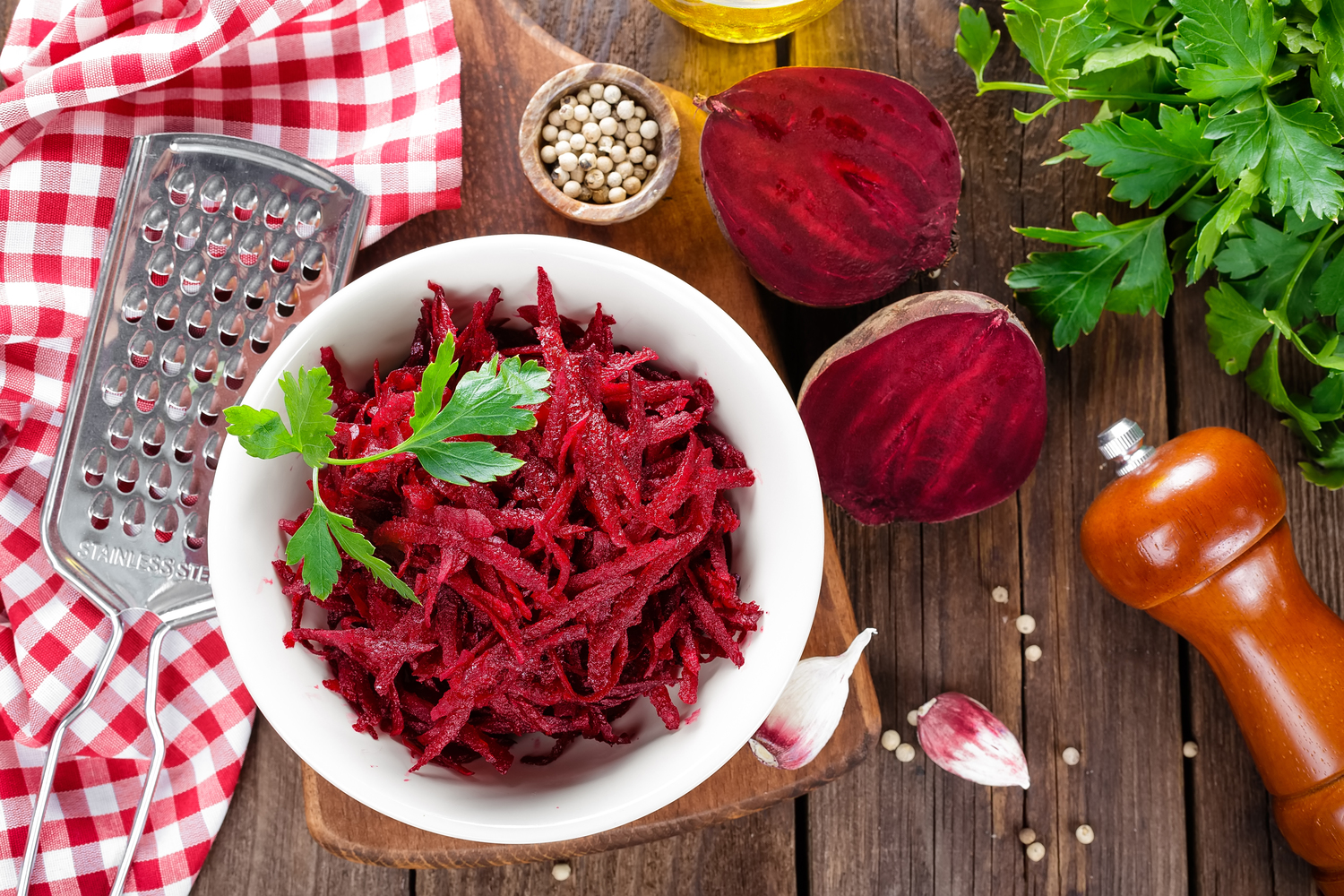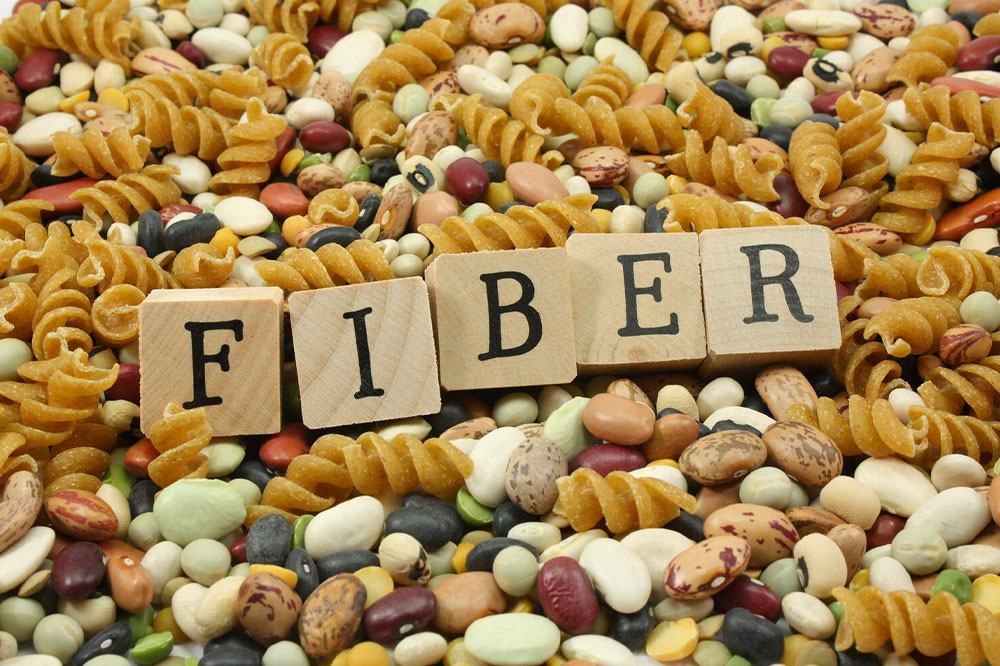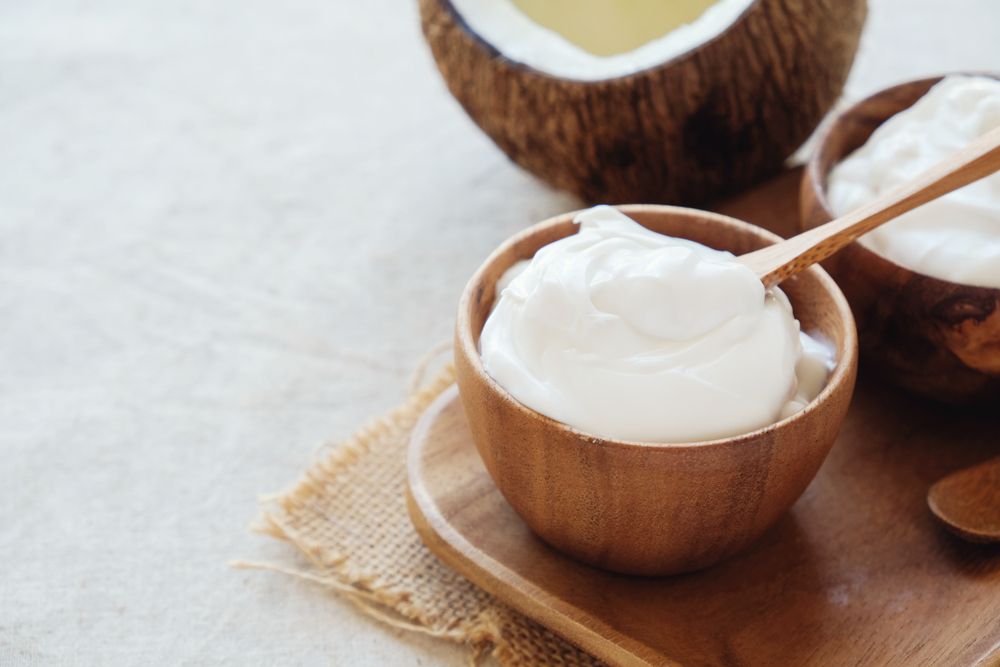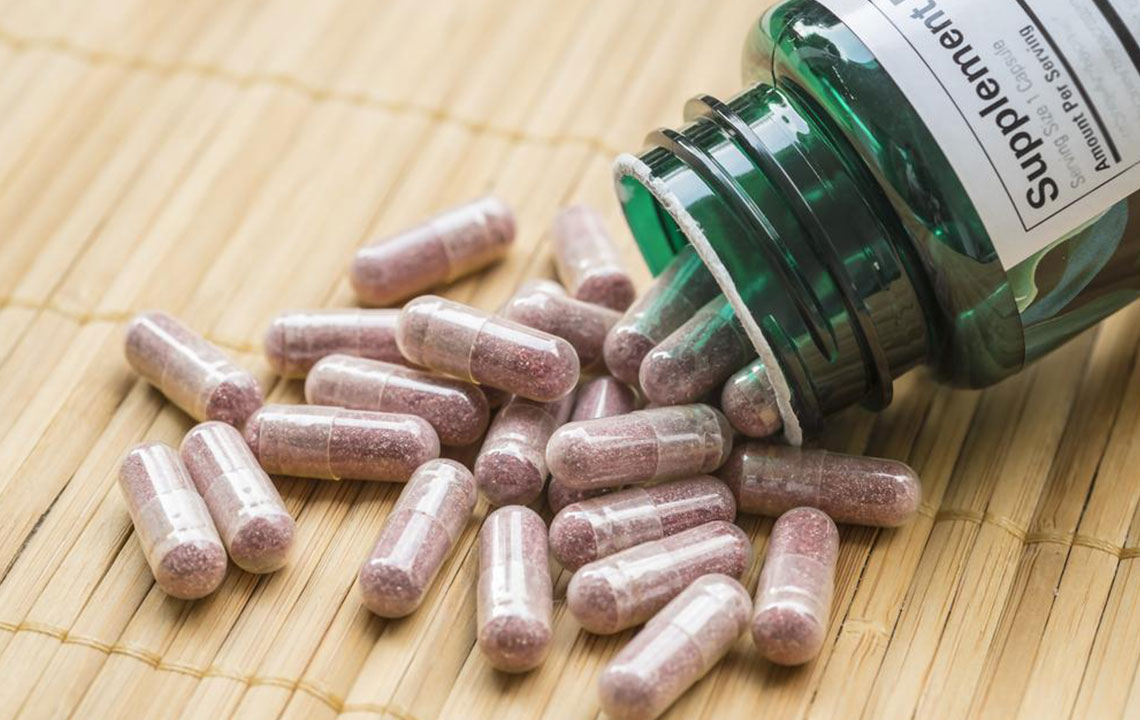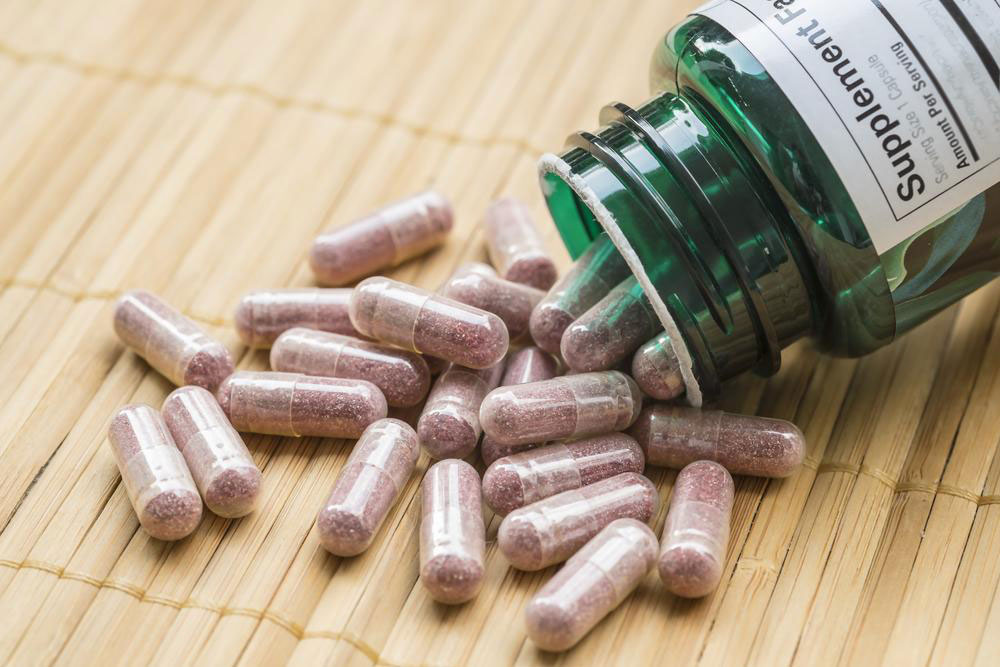Enhance Your Gut Health with Fiber-Rich Foods to Support Melanoma Prevention and Recovery
Learn how fiber-rich foods can support gut health, potentially aiding in melanoma prevention and recovery. Discover the best vegetables, fruits, and grains to include in your diet for improved immunity and overall well-being, backed by recent research findings.

Enhance Your Gut Health with Fiber-Rich Foods to Support Melanoma Prevention and Recovery
Powerful fiber-rich foods that strengthen your gut and may aid in melanoma management
Melanoma is recognized as the most aggressive and deadly form of skin cancer, rapidly advancing and accounting for roughly 1% of all skin cancer cases globally. According to projections by the American Cancer Society, there were approximately 96,480 new cases diagnosed in 2019 alone, with incidence rates increasing steadily over the past three decades. This upward trend underscores the urgent need for increased awareness, preventative measures, and early intervention strategies.
Melanoma originates when the pigment-producing cells in the skin, called melanocytes, undergo malignant transformation. This cancer can develop anywhere on the body but is most often found on areas exposed to the sun, such as the back, legs, arms, and face. Recognizing the early signs, such as atypical moles or unusual growths, is vital for early detection and successful treatment.
The treatment protocols for melanoma often involve a combination of surgical excision, radiation therapy, chemotherapy, and targeted drug therapies. However, emerging research emphasizes the importance of diet and lifestyle modifications in improving outcomes. Recent studies published by the American Association for Cancer Research indicate that a diet high in dietary fiber can positively influence the gut microbiome's diversity—a factor believed to enhance the body’s immune response to cancer treatments like immune checkpoint inhibitors, including anti-PD-1 therapies. While ongoing research continues to explore this relationship, maintaining a balanced, nutrient-rich diet remains a cornerstone of holistic cancer care and overall health improvement.
Prioritizing gut health is more than just about digestion; it plays a significant role in supporting the body's natural defenses and optimizing responses to cancer treatments. Incorporating specific fiber-rich foods into your daily diet may not only improve gastrointestinal function but also contribute to a stronger immune system possibly reducing melanoma risk and aiding recovery.
Vegetables
Incorporate a variety of fibrous vegetables such as sweet potatoes, Brussels sprouts, fresh corn, onions, leeks, artichokes, pumpkins, broccoli, and lentils into your meals. These foods are excellent sources of dietary fiber, which is essential for maintaining digestive health and regulating blood sugar levels. Health experts recommend that adults aim for a minimum of 30 grams of fiber per day. Some vegetables contain natural, high-fiber carbohydrates known as fructans, which include onions, garlic, artichokes, leeks, asparagus, and cabbage. These substances promote gut health by supporting beneficial bacteria and extending the stool’s transit time, which can help prevent colon-related diseases.
Fruits
Fruits such as apples, strawberries, oranges, pears, watermelons, figs, avocados, and bananas are packed with soluble fibers like pectins and lignins that help regulate blood sugar levels and reduce the risk of colon cancers. Consuming a diverse array of fruits not only enhances nutritional intake but also adds vital antioxidants and phytochemicals that boost overall health. Fruits are versatile, sweet additions to any diet, offering both flavor and disease-fighting nutrients.
Whole Grains
Whole grains are an important source of dietary fiber, especially those labeled as high in fiber, which contain at least 5 grams per serving. Include foods like quinoa, bulgur, oatmeal, whole wheat bread, rye, buckwheat, corn, wheat, and wild rice in your meals to improve fiber intake. For higher fiber content, prioritize multigrain or dark rye bread, cracked wheat, and pumpernickel. Nuts and seeds also provide concentrated sources of fiber, healthy fats, and essential nutrients that support gut health and overall well-being.
Adopting a varied and balanced microbiome through these dietary choices may bolster your body's defenses against melanoma and support tissue recovery. Before making significant dietary modifications, consult with healthcare providers or nutrition specialists to develop a personalized plan tailored to your health status, treatment regimen, and nutritional needs. Educating yourself about the food choices you make can significantly enhance your health outcomes and quality of life during and after melanoma treatment.
